EVANSTON, Ill. — The Surface Transportation Board, which regulates the nation’s rail industry, ought to make competition among the railroads its “guiding light,” according to one of the board’s newest members, who also believes shippers “have very little bargaining power” with freight haulers.
And while Class I railroads easily garner the nation’s attention, the importance of short lines to the U.S. rail economy should not be overlooked, says Martin Oberman, one of two STB board members who joined the agency at the beginning of 2019.
The outspoken Oberman’s comments are sure to raise eyebrows with some in the railroad industry, and he acknowledges that.
“The short lines, for the most part, are much more entrepreneurial, much more customer-oriented, and they are much hungrier for business (than the Class Is), in my view,” Oberman says. “And they also don’t cause us as nearly as many headaches.”
Oberman spoke recently at a meeting of the Northwestern University Transportation Center’s Sandhouse Rail Group, focusing on what he has experienced and learned during 10 months of service.
Oberman and Vice Chairman Patrick J. Fuchs were sworn in January to serve on the board of the STB, created in 1995 to replace the Interstate Commerce Commission.
Oberman was widely considered a reformer when he served on Chicago’s City Council from 1975 to 1987. This reputation led to his appointment to Metra’s board of directors by former Chicago Mayor Rahm Emanuel in 2013, he acknowledges. At that time, Metra was still reeling from years of scandal and controversy. Oberman became chairman the following year and served until the end of 2016.
An attorney, Oberman admits he knew little about the freight railroad industry before taking the post, and is still “a novice.” But he considers himself a “professional question-asker” not averse to doing the homework to learn as much as possible, and quickly, about the STB’s duties.
“That’s sometimes the role I play at the STB, much to the staff’s consternation,” says Oberman, adding that he has had long educational discussions with staff attorneys and economists to better understand the agency’s regulatory role.
Oberman also credits advice from Norman Carlson, a longtime railroad consultant who now serves as Metra’s chairman.
“What I found about the railroad industry … is that about half the time I ask a question about why are we doing it this way, there’s a good answer,” Oberman says. “And the other half of the time is, ‘We don’t know why we do it that way. That’s the way we’ve always done it.’ ”
Oberman’s comments focused on several topics:
The importance of short lines
Of the 143,000 miles of railroad lines in the U.S., short lines operate on about one-third and fill an important role often overshadowed by the seven Class I railroads, Oberman says.
Short lines, which at last count total 603, are “absolutely crucial, and also they are a lot more fun to interact with,” Oberman said. He recalled meeting with one shortline owner whose railroad is only a few miles long. “He was the owner, and the engineer, and the switchman, and the maintenance guy,” Oberman says. “He loved being a railroad owner and he was quite good at it.”
Oberman says he was impressed by how short lines are trying to expand their service. One operator in Florida recently told Oberman that he only has two customers but would double his business with a third. “ ‘I am hungry. I will do anything to get a third customer,’ ” Oberman quoted the operator as saying, adding, “I don’t hear that from the Class 1s.”
The role of the STB, regulation and shippers
“The economics of the railroad industry are extraordinarily complicated,” Oberman says, Products ranging from grain to automobiles to chlorine may be hauled on any given train, and every product is subject to different pricing.
“Trying to understand what the real economics are and figuring out how the rates should be managed is really a mind-twister,” he says. “Except for intermodal and a handful of other areas, generally speaking, I think shippers have very little bargaining power these days.
“Some railroads would be very unhappy for me to say that, but I haven’t exactly shied away from that observation. I think it’s really empirical if you look at what’s going on out there. Railroads don’t agree, I can tell you.”
China and foreign ownership
Oberman referred to last month’s decision by the board to allow Toronto’s Brookfield Asset Management and its Singapore-based investment partner to acquire Genesee & Wyoming, a holding company with more than 100 U.S. short lines, for $8.4 billion.
Brookfield and G&W sought to have the transaction exempt from board review, as typically happens when a non-railroad company buys a railroad. The board agreed, but Oberman, in a separate opinion, questioned “whether transactions of this magnitude were contemplated when the class exemption regulations were adopted.”
In this case, the Canadian and Singapore ownership is “fairly benign,” but Oberman says he was concerned about the ramifications if it was China that had wanted to buy the company.
“I would be very troubled about turning that much of the freight network over to some potentially unfriendly foreign power,” Oberman says. “It’s not really our role to stand in the way of foreign investors, but it is our role to protect the freight network. And so it just caused me some concerns.”
Profits and infrastructure
Oberman says a major mandate of the board is to “make sure the railroads have enough money to keep their infrastructure up.” But railroads, like all corporations, are coming under increasing demands from Wall Street to be more profitable.
“The railroads are spending millions of dollars on stock buybacks,” Oberman says. “I’m not anti-corporate. Stock buybacks have a role. But this is, as I said, a regulated industry. (And) when a shipper comes in to complain to (the STB) that he can’t afford the rates — are they charging the rates to keep the rails and ties in good shape or are they charging the rates for stock buybacks? We’re not mandated to protect the stock buybacks.”
On STB as advocate for competition
Oberman acknowledges that he is a liberal and is “not afraid of government.” But he “wouldn’t be the person to tell somebody how to run their business.”
Oberman says, “My answer is, to as best we can, make sure there’s competition in the marketplace and let the market forces determine it. Even that is a big challenge, because there’s so many places where you physically can’t have real competition. … But there are many places where you could have competition and where, if possible, that ought to be our guiding light.
“…And even when we make a decision, and we have some pending now, that involve the potential for increasing competition, I have the distinct impression that the Class 1s, despite the game they talk, don’t really want to compete. And even if you said, no, there’s a customer there that’s dual-served, what’s really going on is, you don’t mess with my territory and I won’t mess with your territory. And they of course deny it.”
Oberman says he’s getting “up in years” (in his 70s) and that he doesn’t plan on changing careers again. “But it could be that some railroads might have it in mind for me, so I don’t know.”





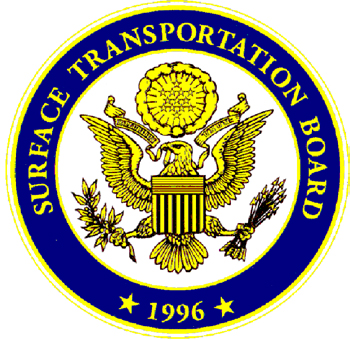
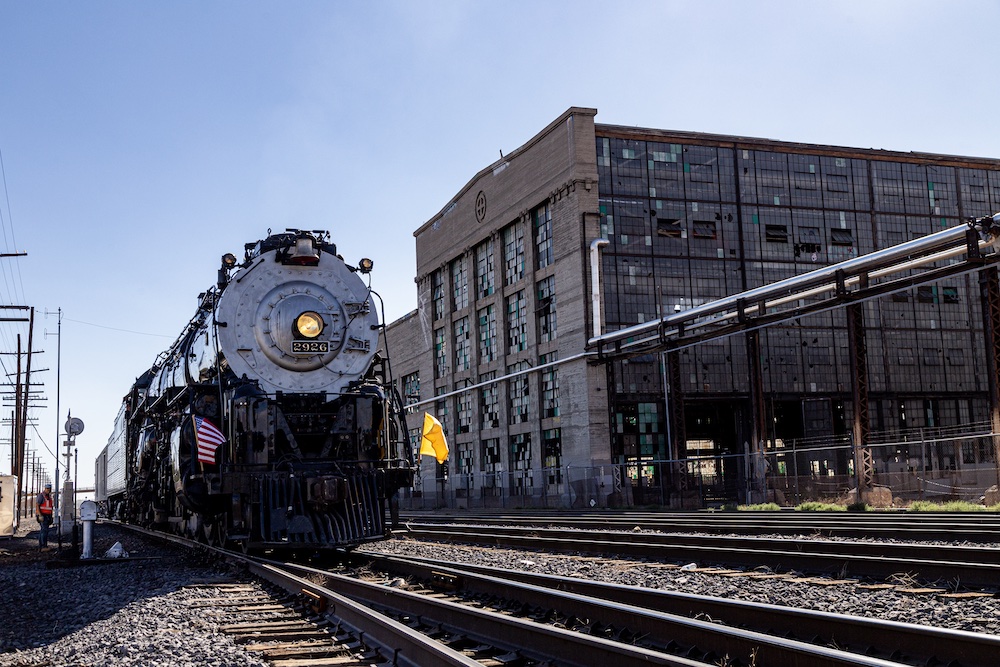
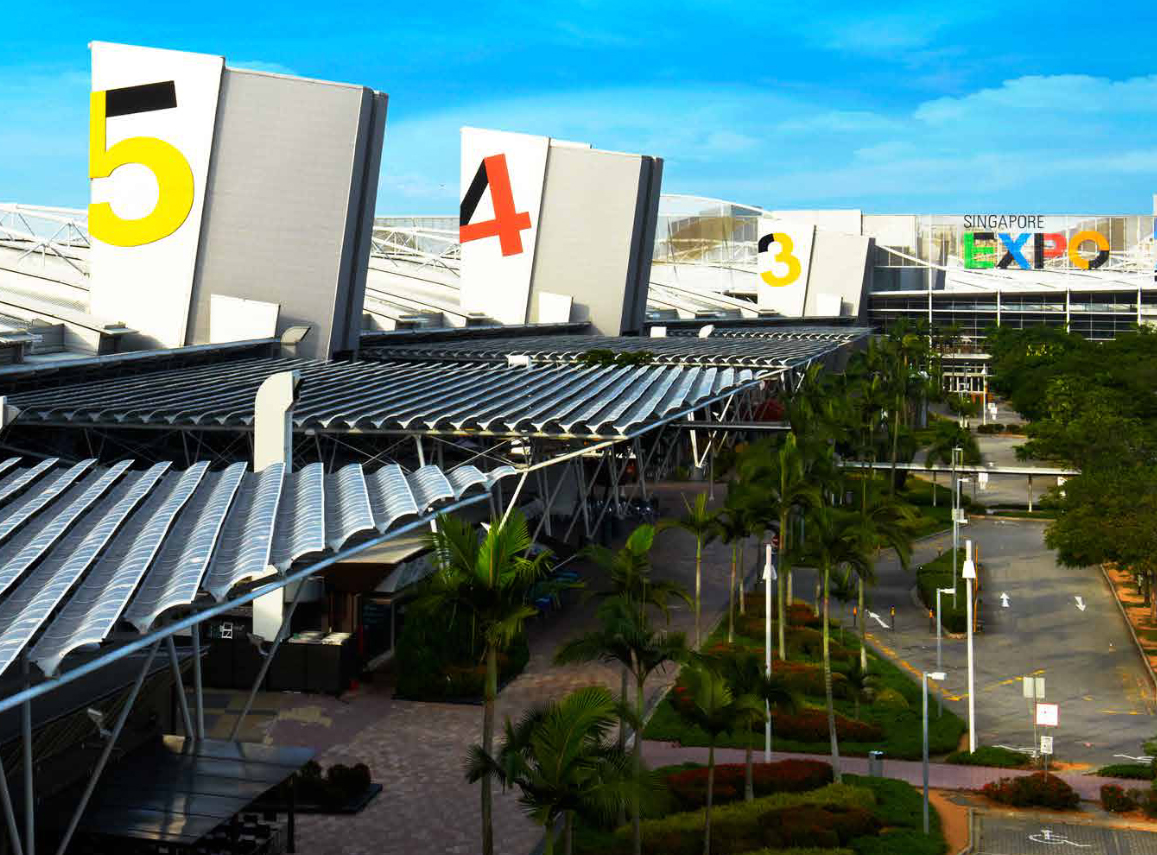
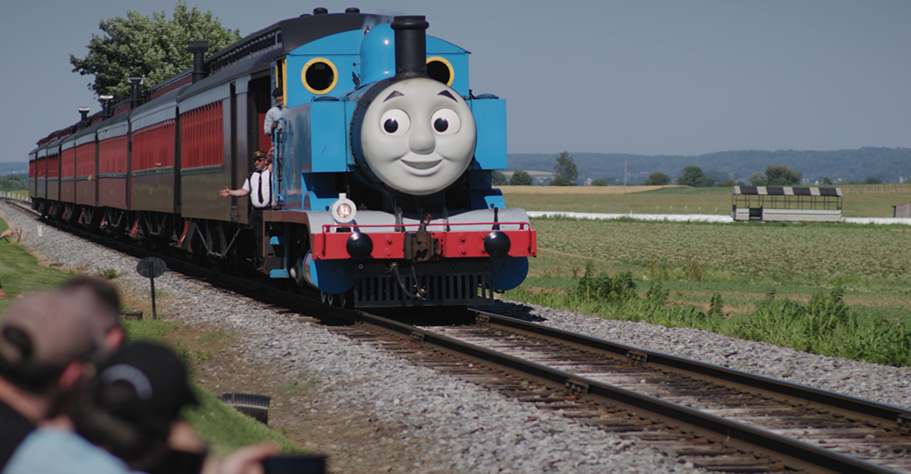
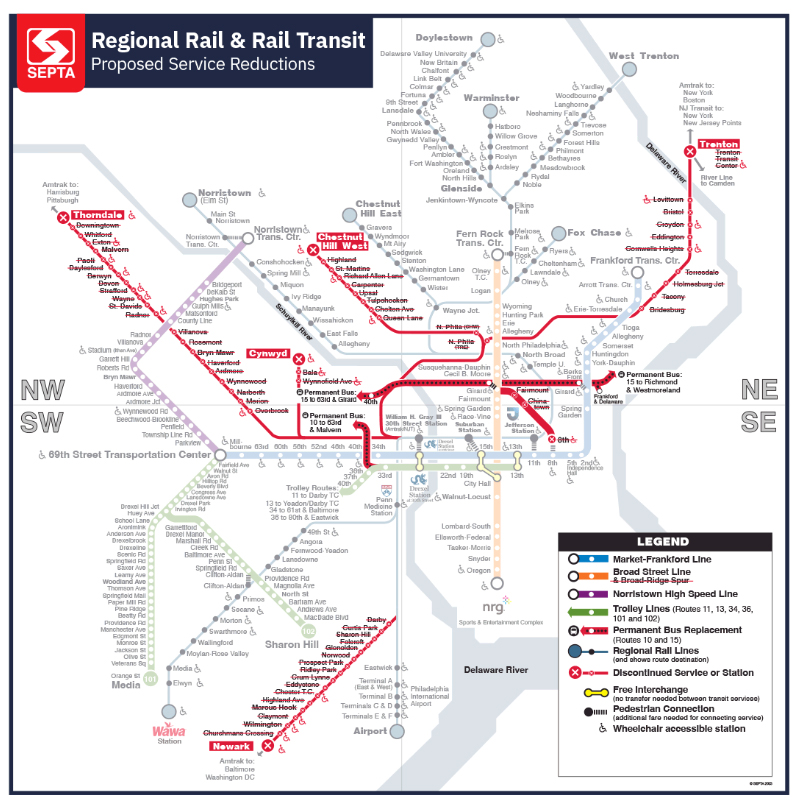




A key point is that the STB is not there to protect stock buy backs. Buy Backs do nothing for the customer, distort operations by focusing on a very short term return in a long term capital intensive industry; work for speculators not true investors, and benefit Senior Managers most of all through price based compensation. In even the short run ,they hurt the transportation structure and distort real costs.
Mr. Oberman, wish you were around the STB before the mega-merger movement occurred. This guy is a breath of fresh air as rail oversight goes. The monster Class 1’s caused the mess they find themselves in. As previous posters have mentioned, the number of short-line haulers will only increase. The all-access thing presents countless questions on how it would function.
Once the railroads have squeezed every ounce of fat, blood and muscle from their properties, employees and whatever customers they managed to hang onto, the dividends will shrink then dissolve. With no more ability to reduce costs they’ll either have to liquidate or consolidate with some other specter of what a railroad used to be. Having been used and abused to oblivion by their “stakeholders”, who’ve dropped them like a bad habit, at least the managers can take solace in the fact that before they died they’d gotten the operating ratio to zero percent.
Maybe time to break up the big companies and make them compete for customers again? Or change regulations so that any company can operate on anyone’s tracks and compete for customers? Just tossing out ideas. What the big seven are doing now has proven to be detrimental to customers and are shoving them toward trucks.
Have fun storming the “Oligarchy” castle.
My apologies to “Princess Bride”.
This gentleman is a breath of fresh air on the STB! He has a better grasp of the railroad / shipper dynamic in less than a year than some of his predecessors have had after multiple terms on the Board.
The public’s stake in regulation of rail interstate commerce is the alternative is, to build(with taxpayers money) more highways. What is cheaper a 6 lane interstate highway or a double track railroad?
Hopefully, he has an impact.The STB gave the Class Is much market power when they approved mergers that were partly justified by the proponents as enhancing competition. The STB needs to hold the Class Is to account.
The key to making open access work is setting the trackage rights low enough that the owner is not guaranteed the business. but high enough that the owner gets sufficient revenue to justify reinvestment in the infrastructure even if they don’t get the business.
Also, while a second or third competitor on a given line may be a good thing, don’t bog down the system with hundreds of operators running 5 car trains.
I’m sure rail shippers would love more power in their relationship with railroads.
But to me, the real problem is the relationship between railroads and the shippers NOT using the railroads. After all, shippers will always grumble and always want a cheaper price but at some level rail is working for them at least enough to use it. But railroads are steadily loosing market share which to me suggests even bigger problems.
One of the things that drives me crazy is so much traffic is simply unavailable to railroads because they don’t want to short-haul themselves. Open-Access as a method of snatching the other railroad’s customer may or may not be a good idea, but there is a real need for open access as a means of serving customers at all – customers that would not use the railroad if they didn’t have access to a railroad that would give them competitive and economic service. Often this involves short lines that run to the class 1 but short of the local major market. For example, think of New England Central Railroad that ends at the Canadian border but depends on CN to reach Montreal; gets to Palmer Mass but not Boston without CSX or Pan-Am, get to New Haven with jointly owned Providence & Worcester, but not New York because CSX doesn’t even run trains between New Haven and New York, though it owns the freight rights. If you are New England Central then for practical purposes, you can’t run aggregates to these major markets (except New York thanks to rights P&W acquired from Conrail), you can’t bring online traffic to the biggest regional markets – IF you could manage to make the short-haul work economically, there is no way the connections would. Transload helps, but drives up costs and is only a factor for some commodities.
The one blanket I’ll toss on this short line concept is that once the short line has been created and has a new business opportunity; it still requires the Class 1 to have interest in participating in the line haul and at a price which enables the short line to win the business. With some exceptions, there is ample evidence this IS NOT happening under the psr induced fog swirling around Class 1 senior management suites these days.
In fact; before I retired earlier this year; NS was insisting that renewals of joint line contracts we had with Genesee and Wyoming be converted to NS contracts with them having control over the pricing.
Exactly John Winter.. I expect the shortline count to double over the next decade or so.
As the class 1’s spin off more lines, we’ll have more short lines going after customers & competing for business. The class 1’s will be reduced to 2 or 3 mainlines going coast to coast with hundreds of short lines feeding their system.
Open access.. Let em all sink or swim.